Gritty Take: Changes To Come From Recent Unrest and the Pandemic – by Guitar Ted
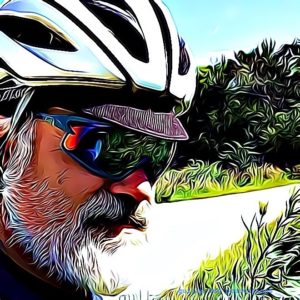
As this strange year has unfolded, many things have happened that are changing the very fabric of social life and economic realities we all live by. The pandemic will undoubtedly be seen as a marker of changes for the future. However; it isn’t the only thing that will forever change sport going forward, as the murder of George Floyd in Minneapolis, Minnesota has sparked social unrest and an inward look at how we approach our relationships with each other as humans is now underway. Once the fire and violence have subsided, how will these issues affect gravel riding and racing going forward?
Every year for the past several years, I have posted a “State of the Gravel Scene” series in January giving my personal opinions on where we’ve been and where we are going in terms of the gravel scene. When I opened up my look at the gravel scene in 2020 and beyond this past January, these were the first words I posted:
“Change- The old axiom says “The only constant is change“, but when it happens it upsets people. Not everyone likes change. To be fair, some relish change, but most folks get uncomfortable when they are prodded out of their ‘comfort zones” by the inevitable force called change.
My prediction for 2020 gravel riding: “There are going to be a lot of uncomfortable people.“”
If I got anything right about the future of the gravel scene, THAT quote is it. However; the reasons I thought that in January were completely different than the reasons for why I think this now. Obviously the social unrest and the pandemic are why this is. I will cover these things separately, but make no mistake: What we knew as “gravel” in a collective sense in 2019 and previously is gone. Everything is affected going forward and there will be a complete change in how events work, how riders approach gravel, and even in who is riding gravel in 2021 and beyond.
Late last week, a ‘gravel summit’ happened again online. A media marketing firm organized a virtual symposium made up of gravel event promoters from SBT GRVL, The Mid-South, Rebecca’s Private Idaho, Crusher in the Tushar, and the Dirty Kanza 200. Pro and former Pro riders like Peter Stetina, Payson McElveen, Amanda Nauman, and Ted King were onboard during this online presentation, which lasted one hour. There were others on the symposium as well, both promoters and riders, mainly.
I was contacted to be a part of this as a media person, I was given a link to join, and when I tried to get on, my “request to join the conversation” was not responded to. Hmm…. Ironically, after seeing the video posted on the symposium afterward, I noted that there were no media questions asked at all. Maybe there weren’t any media there online, or…..? Whatever. I saw the meeting afterward, took some notes, and here are some interesting tidbits I heard which point to where these folks minds are at mid-year 2020.
The Future Look Of Gravel Events: The main players there in the scene were obviously Lelan Dains of the DK200, Rebecca Rusch of Rebecca’s Private Idaho, and Bobby Wintle of Mid-South, formerly known as the Land Run 100. SBT-GRVL and the others represented are not quite the movers and shakers of the marketing/media/social impact scene within the niche of gravel riding that those three events are. And let’s be fair- a lot of big, influential gravel events were not represented. So take all of the following with a big grain of salt.
So, with that disclaimer out there, the overall observations from these three promoters and agreed upon by the panelist was that “no one knows what it will look like in 2021“. There were concerns brought up about mass starts and aid stations, that “best practices” would need to be put in place for the RD’s and promoters to utilize to make riders feel comfortable about being in these events. Comments about protecting the communities the events are held in were mentioned. But overall, the feeling was that the creative energies and entrepreneurial spirit of the people involved would find a way, somehow or another, to overcome the obstacles in place.
Commentary: Watching this, I got the feeling that everyone felt as though they were in uncharted waters. How all this gets navigated is a big unknown, and in my opinion, there was a big ‘elephant in the room’. That being what happens if and when a second wave of COVID-19 hits? LeLan Dains alluded to this when speaking about a Pro rider he had been trying to get to come to the DK200 this year, which has been postponed to September 12th, 2020, saying”…. we may not have a DK for him to come to.”
Make of that what you will, but I interpret that to mean that the situation is still fluid as far as having an event on such a large scale in 2020 due to ‘The Unknowns’ of the virus and what may happen in the coming months. Keep in mind that Gravel Worlds felt compelled to cancel their mid-August event, which is mere weeks ahead of the postponed DK date. So, there is that to consider here. Event directors were, and are, very concerned about safety. This was made quite clear, and not having an event, while distasteful to all, is better than trying to push forward into a situation that could put innocent community residents at risk, not to mention the attendees and volunteers in events themselves.
In The Meantime: The subject of holding ‘virtual events’, rider challenges on set courses, or as individuals on their own, were discussed. Most had creative ways to engage various communities in staying motivated and engaged. However; it was very clear to me that this is unsustainable.
Ted King said, “2021 is not going to be like 2019, and it scares me.“, basically saying the scene will not be the same again, however; the virtual thing maybe wasn’t what he saw as a solution, it’s temporary, saying, “It’s a new reality. People are chomping at the bit for something to do.” Bobby Wintle chimed in on the subject, saying with conviction that, “There is absolutely no replacement for being together. ….there is no online platform that can do what our (the people involved in gravel promotion) collective personalities and events can do.” Rebecca Rusch shared that she felt we cannot create what we had, but that she needed to do these virtual challenges to get, as she said, “motivation for me“. She stated that other people needed this as well.
What Needs To Be The Same In The Future: Obviously, Bobby Wintle and a few others on the panel, agreed that what makes the events and the gravel scene so appealing are the people, not the things that are associated with Pro road racing, Pro MTB, or other forms of competitive cycling. Peter Stetina mentioned this when he said he was happy to be a part of a community that was not bound by the rules of the peloton and tradition. Collin Strickland, last year’s DK200 champ, also mentioned that in the future gravel events cannot be centered around Pros saying, “We can’t just have a pro race with 50 of the top riders. Really, it’s about everyone there participating.”
It is the “How” of that which is going to be the problem here. Brooke Swindlehurst of Crusher in the Tushar said, “We are stepping into the unknown” when referring to ‘best practices’ for events going forward. Obviously changes are in the wind. If keeping the vibe of the ‘gravel family’ is the essence of gravel, then there will be a lot of challenges to overcome to preserve those things in 2021 and onward.
Others were thoughtful and considered a different viewpoint, which I found was sort of an antithetical viewpoint, seeing as how these big events were being represented here on the panel. That viewpoint being how the solo, exploration, and adventure components were a big part of the early gravel scene. This was sort of combined with what we’ve seen in terms of the bike packing genre. Rebecca Rusch kicked things off by musing on the reasons she felt compelled to ride on rural roads. She mentioned how she felt a “spiritual and emotional connection” was being made which was, in her mind, the ‘genesis of gravel’. LeLan Dains agreed saying, “Gravel was about exploring…“, mentioning how Trans Iowa and the Dirty Kanza were about pushing one’s limits and exploring the possibilities of a rider against a course in the early days of the “Modern Gravel Scene”.
Ted King, Lelan Dains, and Bobby Wintle then all pitched ideas for routes that would mimic the idea of Tour Divide. Stand alone route/challenges that could be done in a way that did not require mass starts and aid stations. Ted King was about to take off on his proposed diagonal 300+ mile trek across the state of Vermont, hoping he could make the ride all in one sitting. This might end up becoming a thing in the future as a route. Then Bobby Wintle and LeLan Dains sprung the idea they had been batting around, they said, for up to ten years now. The “Gravel The Great Plains” route, a proposed North-South passage of the Great Plains, primarily on dirt and gravel roads.
Commentary: Obviously, with sponsors, communities, and other stakeholder’s concerns at stake, the race promoters job has suddenly become more complex and risky than ever before. How does one hold an event with, what amounts to, thousands of people from all over the US and abroad, without raising the fears of spiking COVID-19 outbreaks? How could this be leveraged against these big events legally? What protocols would have to be present to satisfy civic leaders, lawyers, and insurance agents? Added to the pile of concerns, as LeLan Dains put out, of active shooter scenarios, terrorist attacks, and tornadoes. Whew! Are you sure you even want to put on an event anymore? But as LeLan Dains said, “Businesses could be lost forever because of (the loss of) Dirty Kanza.” Communities are affected economically here, so that weighs on these people’s heads and hearts as well.
But what about the race participants? They need to be attracted to these events and whatever the protocols are that are put in place may negatively affect that experience. Amy Charity, of the SBT-GRVL event mentioned this when speaking about why they cancelled for 2020 saying, “This isn’t going to be fun“. She was referring to temperature checks, screening participants, and making sure everyone is practicing correct social distancing techniques. These things would be potentially off-putting to some, and difficult to enforce.
In Conclusion: If you think we are getting back to normal this Fall with all the postponed events and currently scheduled stuff, well…..hold on there a minute! All it is going to take for all of this to be whisked away like a puff of smoke in a strong wind is another uptick in COVID-19 cases. Remember folks- there is no vaccine, no herd immunity, and no true understanding of this virus in June of 2020. Experts expect a ‘second wave’ this Fall, and really, like all these people on the symposium I watched said- No one knows what will happen.
But one thing is certain: There will be nothing again like we had in 2019 and previous. All events will be markedly different going forward. If we can even have large group events again. Remember- we just do not know what is happening. Small, quick-on-their-feet events? Yeah. Those maybe will be similar to the past, but if this virus still lingers, even all of that is a questionable thing.
And there is one more thing no one has addressed yet. That being the fall-out concerning the George Floyd murder and social upheaval it is causing. Gravel events are mostly ‘white’ and there is a distinct lack of any sort of reaching out to minority communities in the gravel promotions area. To be honest, this has been on my heart for many years, but I am not capable of addressing how to change all of that on my own. I’ve had plenty of private conversations on how to approach this locally, and we will be striving to push into this more in the future, regardless of surrounding social changes from without, because it is the right thing to do. I need to learn more, and it is painfully obvious that the Gravel Scene is needing to learn more about how to draw in minorities from the Black, Latino, Asian, and other communities that we live amongst.
I challenge those in charge of the “big gravel events” like the Dirty Kanza 200, Mid-South, Rebecca’s Private Idaho, SBT-GRVL, Barry Roubaix, and others to make changes to bring in more minority participation and inclusion in volunteering and in your advisory roles. With all that has happened, it is a great time to wipe the slate clean and make, what is going to be very different in the future anyway, into something far better than we ever could have imagined or dreamed it could have been. This must include minority people from all races and creeds. We’ve reached out to women, and made a difference there, because gravel riding has been inclusive, but not inclusive enough. I know we can do better with striving to get all people being included in our scene.
This means that riding gravel will be seeing new riders, I hope, and with that, new ideas and ways to do things. Remember what I said about change above? It will be uncomfortable, challenging, and we will have to work at this. Change is tough, but we need to make these changes. It will make the gravel scene better in the end than it ever was before.


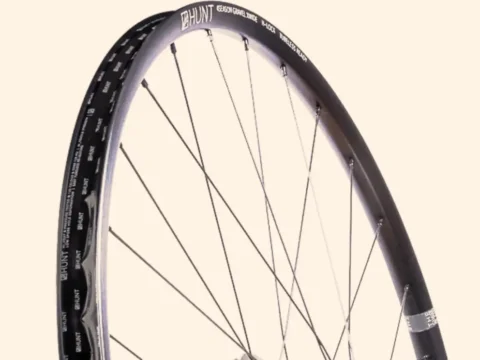
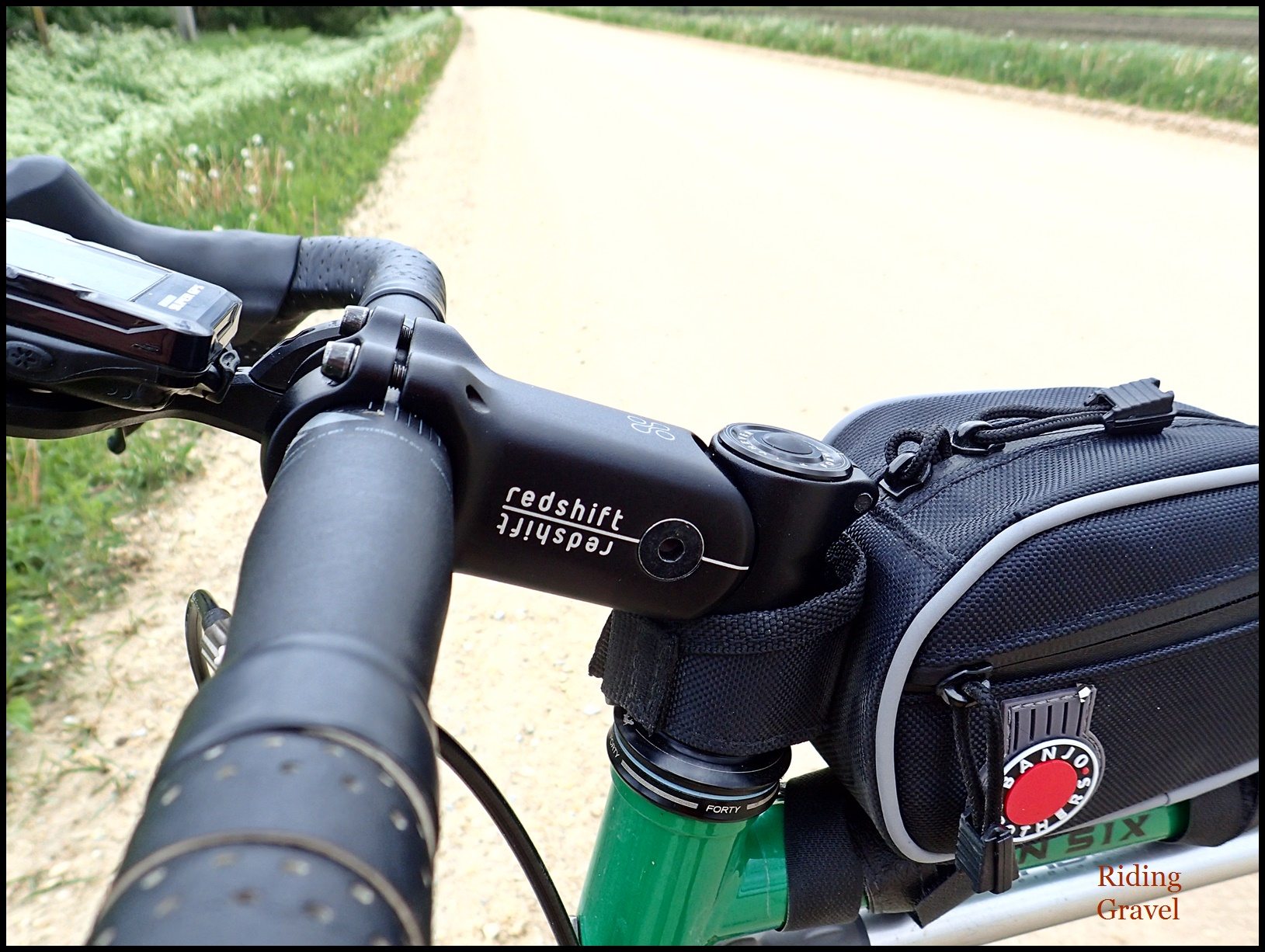

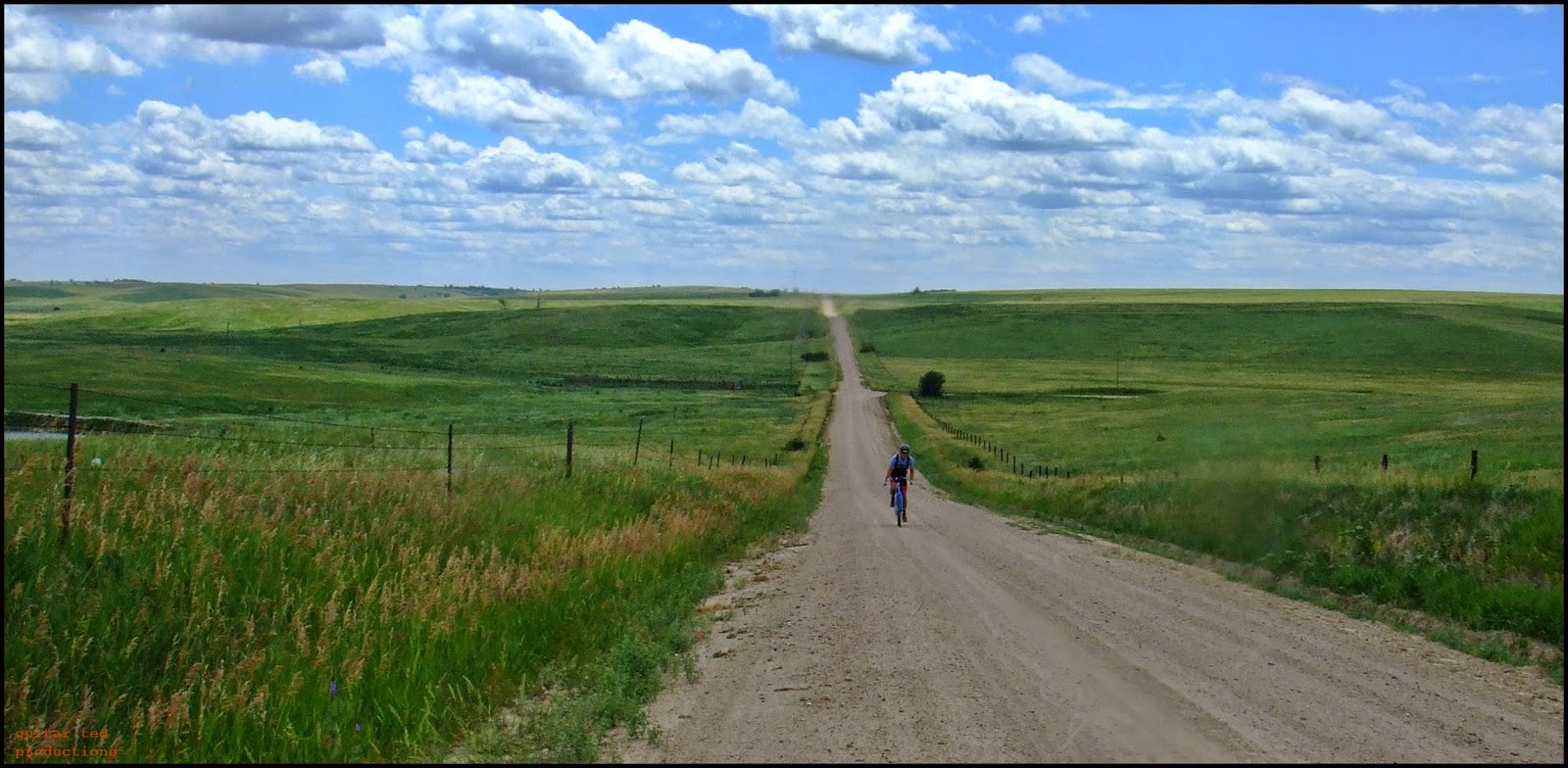
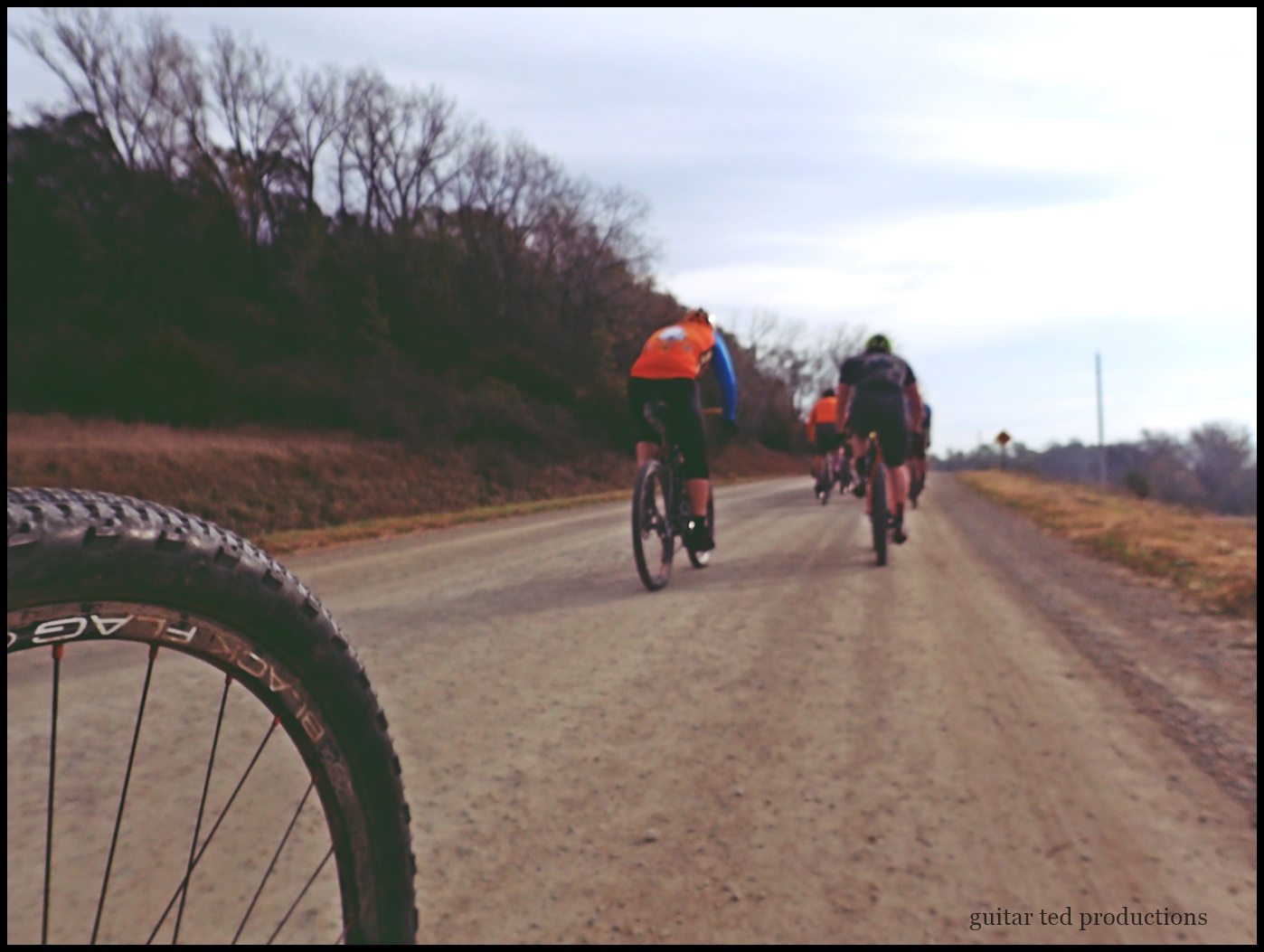
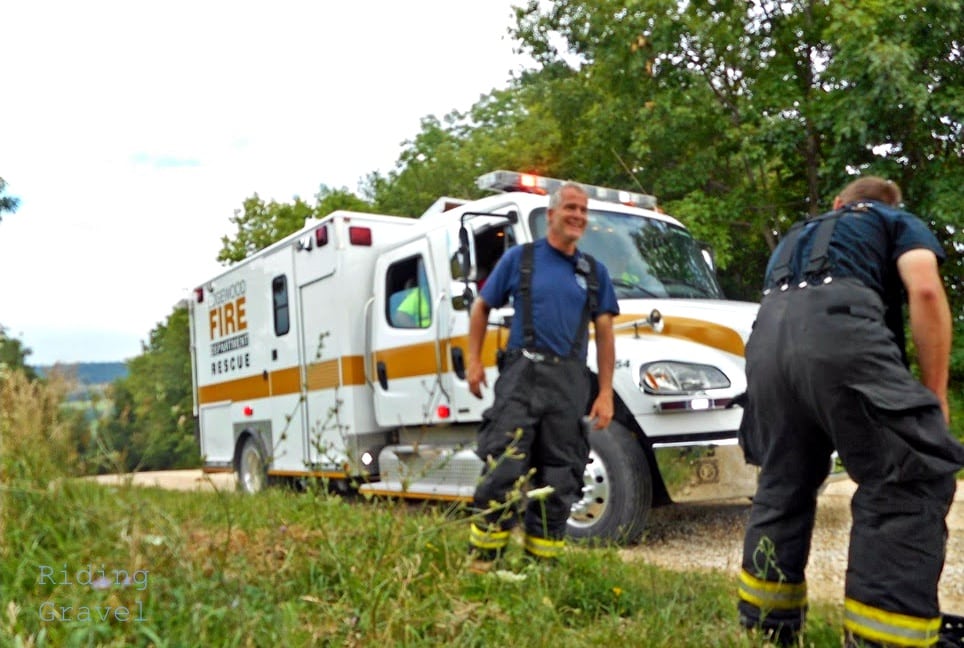
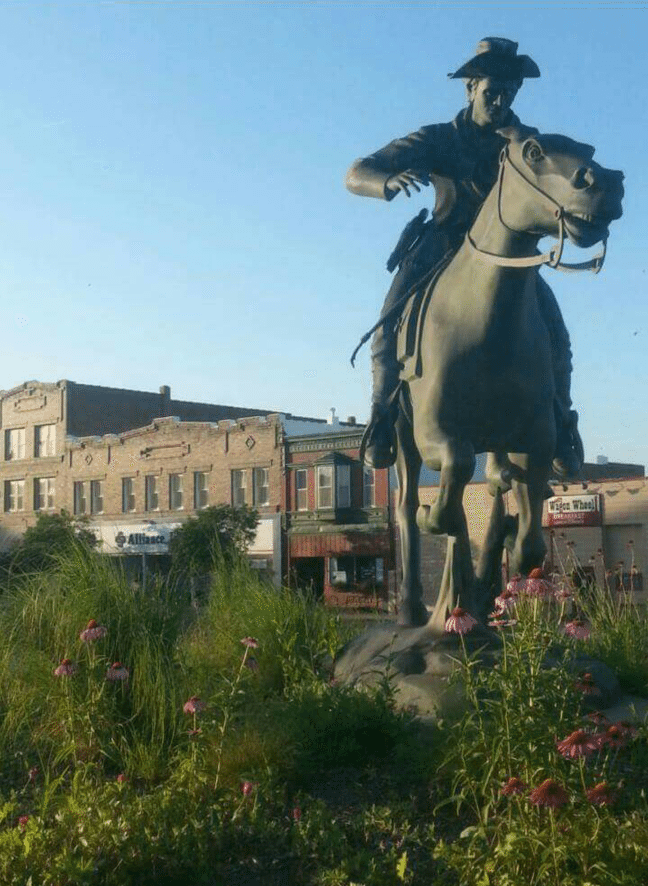
With all due respect, “The state of gravel” isn’t defined by a few elite racers and race promoters. Countless people the world will never notice ride gravel every day and neither we nor our riding are defined by a small group of self appointed guides. They can discuss the state of elite gravel racing but in the words of Willy Mosconi, “If I want a trophy I’ll go buy one.” Meanwhile there are gravel roads everywhere and each rider is free to ride them as he or she sees fit.
Agree wholeheartedly. Unfortunately, it feels like gravel events are being taken over by racers, which is a huge disincentive for folks like me to join.
There is a new gravel ride in my part of the US which started out as just a ride. The following year, the ride organizers added timed sections and an unofficial podium. Guess what? All of sudden, now local racers want in on the ride, pushing it to become a race.
The gravel scene is evolving however, in my estimation, in the wrong direction. Riding gravel is about connecting with one’s self, exploring, and getting away from it all.
Oh well. Like posted, there are lots of gravel roads out there for folks to ride that aren’t part of any ride or race.
I think just starting with Spanish-language services on race websites, or even a contact for Spanish-speakers would be a good move. I doubt a lot of people interested in gravel speak only Spanish in the US (especially considering the English-only bent of most popular cycling media), but it would send a signal that your event or site is welcoming.
Maybe something can be learned from the Sterile Iowan held last weekend. You could take off at anytime over a two day period and go CW or CCW on the 100 mile loop. I felt very appropriately socially distanced and in less risk then going to the grocery store. It wasn’t a race but just a great day on gravel where you periodically saw your fellow gravel riders. In the time of COVID this might be what we need to share a great day with others but not with the risks of a mass start event.
Great article that really lays out the more-than-likely reality for the fall of 2020 and into 2021. I postponed my DK200 spot to next year thinking that this fall was too aggressive. That said I have more faith than not for the promotors making the right calls, and I attribute this to the true community aspect of the gravel scene. I like the idea of setting up gravel/mixed surface challenge routes, similar to bike packing routes you see published today, for individuals to tackle as one-offs. It certainly lacks the community and camaraderie aspect of what makes gravel events so appealing to me, but certainly keeps the individual challenge effort alive with a sense of competition to measure against others (who like that aspect of it). 100% agree with you that we need to bring more minorities into the fold of gravel. It won’t be easy and won’t be overnight, but if you look at the increase of women riders as a result of major efforts by event promotors perhaps there is the start of a model. Always appreciate the honestly of your pieces.
On safety: Probably moot if the open states are an indication. Las Vegas casinos and protests may be the real tests shortly. On Inclusion: Attracting Latinos in CA is hardly an issue nor was it in S FL if memory serves me but social engineering in sport? When has that ever worked? Participants are attracted to various sports for many different reasons and will follow those many different motivations. Do you espouse recruiting participants based on race? I will just leave that. On participation: I will ride events as soon as local governments will allow. Bet most others will too. Maybe that’s where promoters should focus their effort and brainstorming.
Nicely written. The unknown is driving what we know right now. One thing is for sure is that humans will find a way to enjoy their bicycles through this. Just like gravel sprung from a small community, some small community right now is going to figure this out to. Uncomfortable perhaps, kind of like steel frames with 23c tires for 200 miles of mostly gravel, but fun in the end. With regards to the social upheaval, thank you for challenging the leaders in gravel to engage all of America in the sport. We can do more, I can do more to make freedom a reality for everyone. The freedom of a long, gritty, find you soul gravel ride, that is welcoming of everyone is a place for some of us to start. Thank you again for this lovely piece.